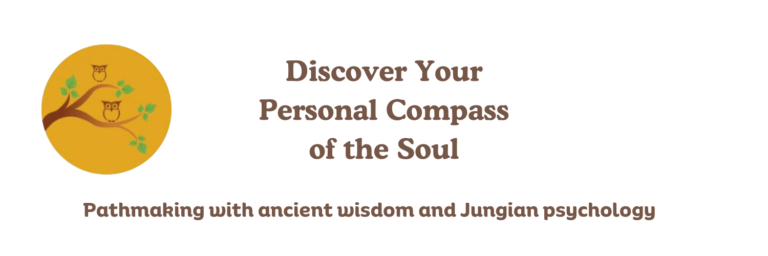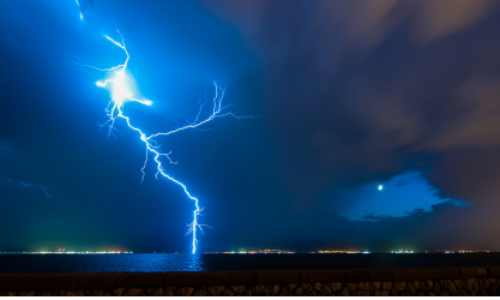The self-renewing movement of the eclipse in Libra
It’s fitting that today there is a solar eclipse in Libra, because today is also the day Hexagram 32 – Duration of the I Ching takes over as our hexagram host for the next week.
Hexagram 32 pairs wind with thunder. They form the image of Duration.
Wind (the Gentle) is like the air sign of Libra and its planetary host Venus. Thunder is like the fire sign of Aries, which is opposite of Libra on this eclipse axis.
In nature these opposites of wind and thunder often occur together. They might seem the opposite of Duration, but thunder and wind are part of a larger cycle. As Hilary Barrett says in her translation, “The noble one’s inner nature, subtle as the wind, translates into action as decisive as thunder. So however the environment changes, everything he does will always travel in the same direction.”
In astrological terms, Aries brings the decisiveness that Libra needs; Libra brings the gentle wind that Aries needs.
The eclipse, too, is part of a larger cycle. Even though something new begins, if you look back at what was going on in this same area of life during Libra/Aries eclipses in 2014-15 and 2005-2006, there will be common themes and a new chapter in the cycle.
Today’s eclipse for me couldn’t possibly be more literal. It is occuring near my midheaven degree in Libra, which is my 11th house of groups and allies. Today is my first weekend session at the Jung Institute of Chicago. I’m beginning the Jungian Studies Program there for non-clinicians. It meets monthly over the course of two academic years. During the Aries/Libra eclipses in 2014-2015 my father passed away, which motivated me to finally begin Jungian analysis.
What does all of this have to do with Duration? According to Richard Wilhelm in his translation: “Duration is a state whose movement is not worn down by hindrances. It is not a state of rest, for mere standstill is regression. Duration is rather the self-contained and therefore self-renewing movement of an organized, firmly integrated whole, taking place in accordance with immutable laws and beginning anew at every ending.”
Of course this made me think of the eclipse too:”Heavenly bodies exemplify duration. They move in their fixed orbits and because of this their light-giving power endures. The seasons of the year follow a fixed law of change and transformation, hence can produce effects that endure.”
As this eclipse unfolds in the Libra (Gentle/Wind) area of your life in the coming months, takes some time to reflect on 2014-15, 2005-06 and even 1986-87 if you are old enough. The eclipse in the Aries (Thunder) part of this axis is in April 2024. In light of this dynamic, here are some questions to ponder, compliments of Hilary Barret:
What inspiration are you making real in your daily life?
How can you continue on the same path, even as you adapt?
Who will you become by persevering in this?










